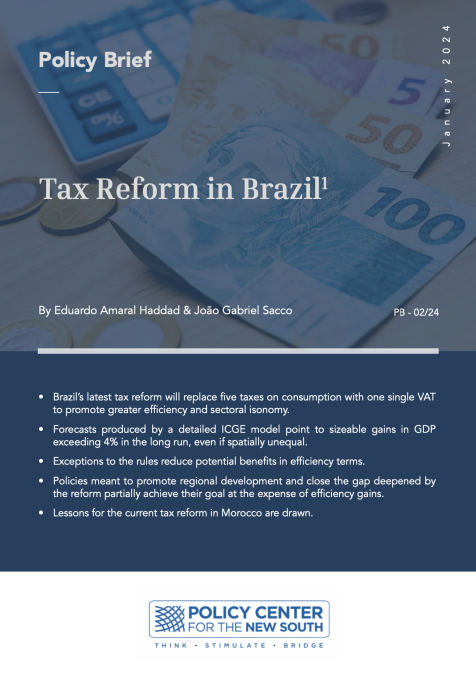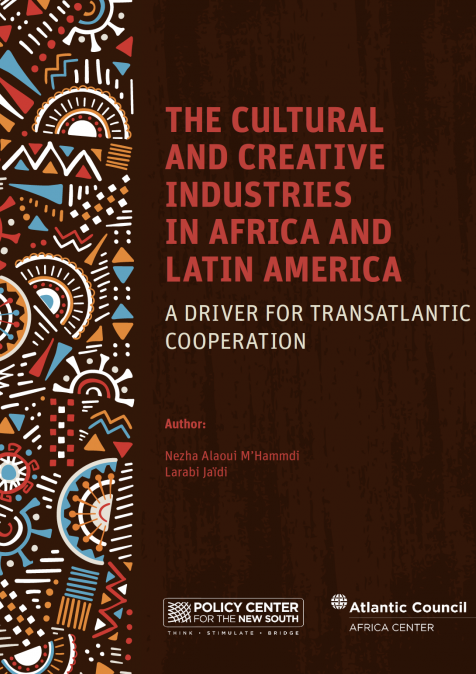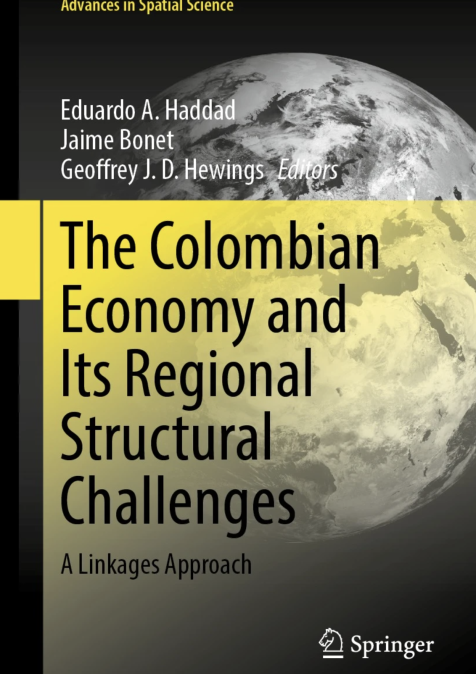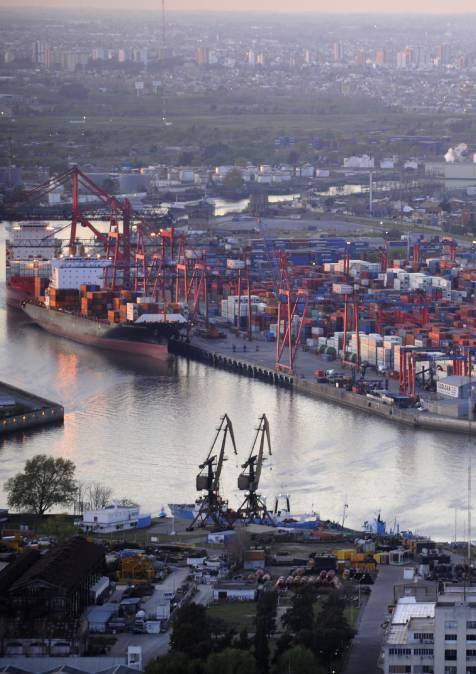Publications /
Policy Paper
MERCOSUR is almost thirty years old. The project has achieved relevant accomplishments, but it has also accumulated many unfulfilled objectives and even some setbacks. It began with a very ambitious goal: the constitution of a common market. This ambition was quickly reduced to a customs union project, still a far-reaching objective. Africa, by its side, has undergone, since many decades, relevant regional and sub-regional integration experiences, some of which share the ambitions of MERCOSUR. This paper intends to extract from MERCOUR’s experience some clues that could be useful for the African debate on the challenges faced by the regional integration projects in the continent. The most relevant criterion to evaluate the effectiveness of the integration project should be its ability to influence and shape the behavior of public and private players within and outside the bloc. MERCOSUR has become a project with a limited degree of effectiveness, except for a few number of players. This is the result of the convergence of factors that have reduced the predictability of the integration process and the relevance of its rules, especially vis à vis the national rules of the member countries. Sustained economic growth for MERCOSUR’s economies will demand a reform of the bloc’s integration model, and particularly of its common external policy.












